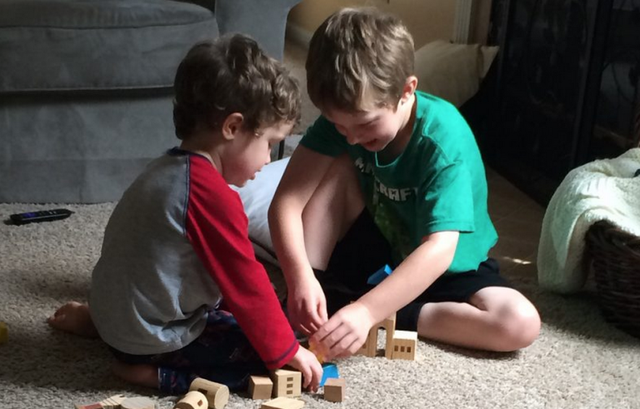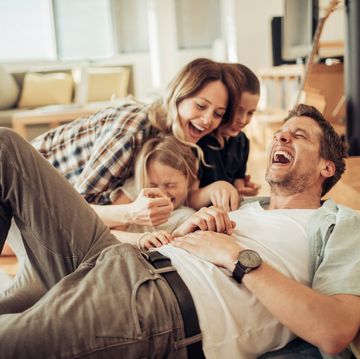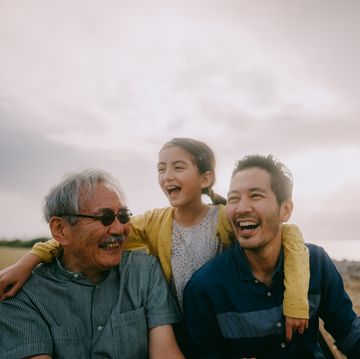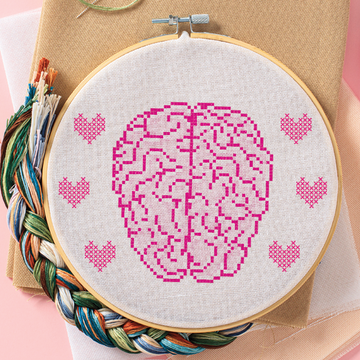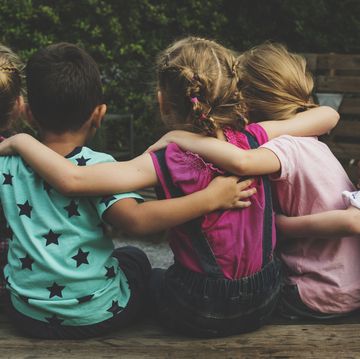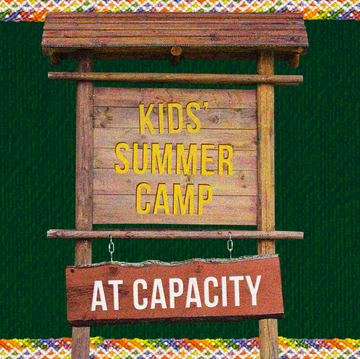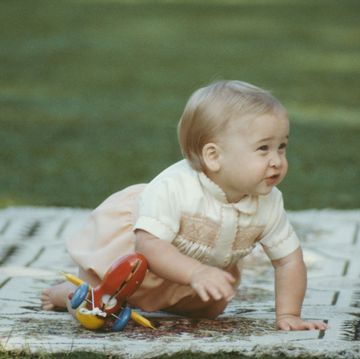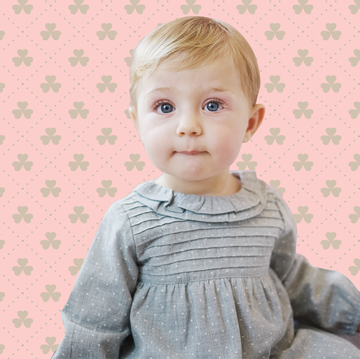"When somebody says stop, you STOP." This message is a constant remark in my house. I have three children — three boys — all who like to wrestle with one another, all who like to torment each other, as siblings often do.
I don't just repeat this message to teach my kids about others' boundaries. I also repeat it to teach them not to rape.
Now, in light of the Brock Turner case, there is another message that I want to send to my children: If somebody can't say stop, you don't even start in the first place.
My children are still small — only 10, 8 and 4 years old. Two of them have probably never even heard the word "rape" before. Nonetheless, it's never too early to teach our kids about rape — about consent and agency and bodily autonomy.
Our current culture demands it.
In his letter to Judge Aaron Persky, Brock Turner's father wrote that his son was a "very humble person" with a "very gentle and quiet nature." He complained that Brock can no longer enjoy his favorite snacks or steaks, and he lamented that Brock's easy-going, happy-go-lucky personality was all but obliterated by the consequences Brock was facing for his "20 minutes of action."
To be clear, his son was unanimously convicted of three felony counts of sexual assault.
Brock Turner's father quite clearly thinks that Brock was — and still is — a "good boy." But what he never states directly is that his son is also a convicted rapist. In fact, Turner's letter seems to suggest that all his son's admirable characteristics cancel out the possibility that he could be a rapist.
But we need to stop thinking that "good boys" don't rape. We need to stop accepting that rapists can only be "bad men" — the ones that hide in the bushes, waiting to pounce on unsuspecting, innocent, never-drunk, modestly-clad women.
"Good boys" — in this case, athletes from good families — can rape people too.
As the mother of three sons, this fact shakes me to my core. But it also tells me that I have work to do. And so I asked my "good boys" some good, hard questions just the other day:
If someone is sleeping, do you ever kiss them or touch them?
What about in Sleeping Beauty? What do you think about the Prince kissing Aurora even though she was sleeping? Was that right? Should you ever do something like that in real life?
What if you're at a sleepover and someone wants to play a trick on a person who's sleeping? Is that ever OK?
If someone says no, should you touch or kiss them?
What if someone can't say yes or no? Should you ever touch or kiss them?
Each time, their answers were "no." And as I told them, their answers should always be "no."
Then came the inevitable question: Mom, why are you asking us all these questions?
I paused for a moment before responding. Then I said something like this: "There was a college kid in California who went to a party and found a girl who'd had too much to drink. She couldn't say yes or no to him, but he still went ahead and touched and kissed her. Now he's going to jail, but only for a few months. And a lot of people don't think that's right."
Their eyes got wide when I told them what Turner had done. They were shocked.
This shock was the faintest glimmer of the appropriate moral response to a situation like this one, and to rape in general. And I only hope that this grows stronger as they get older. I hope that what we do at home helps to push back against a culture that teaches them that women are sexual objects and that consent is only a matter of politically-correct hand-wringing.
Ending rape culture doesn't begin with teaching girls not to get drunk or telling them how to dress.
It begins with teaching boys not to rape.
